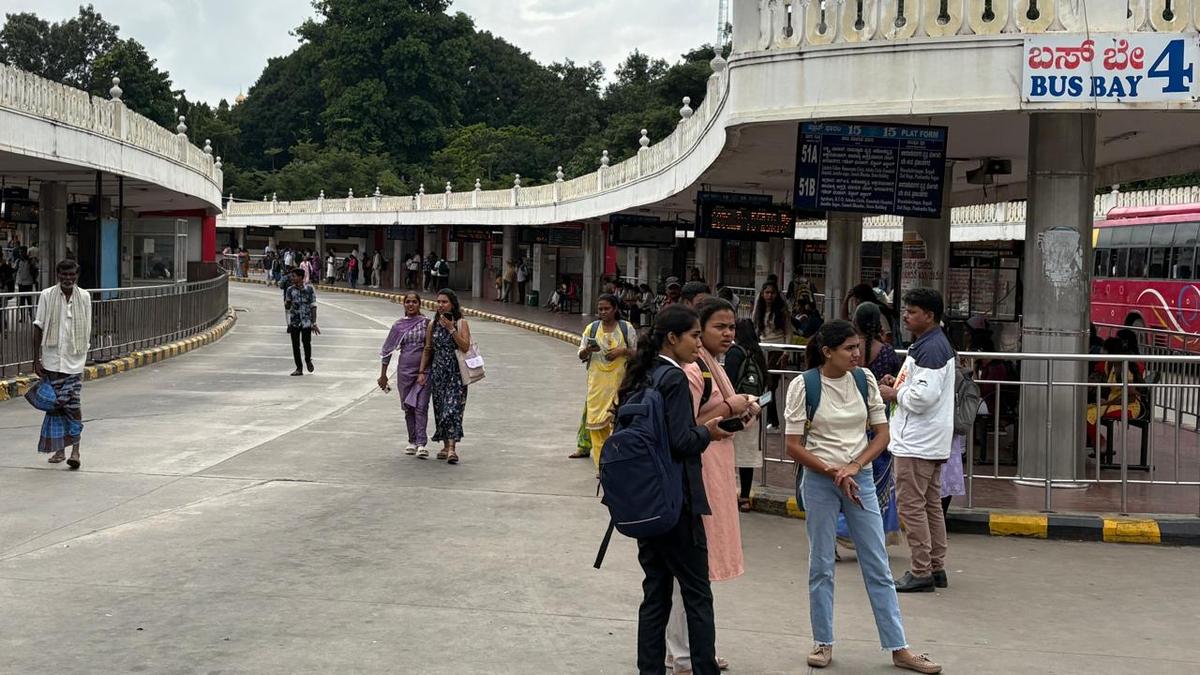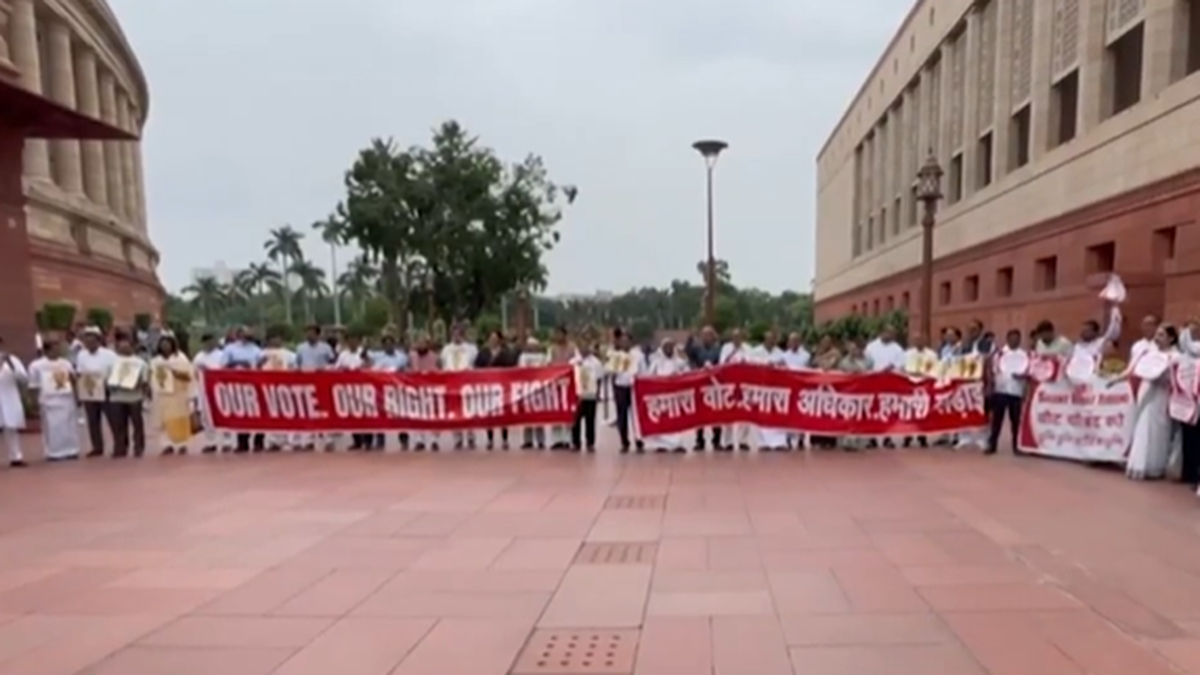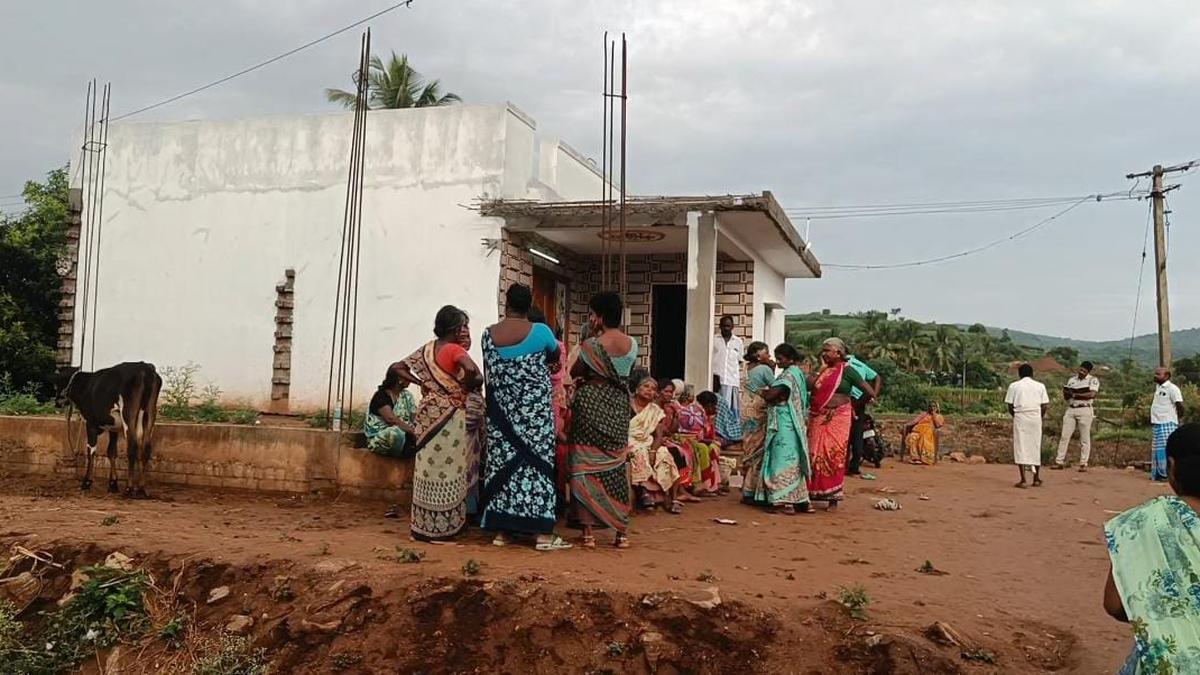Now Reading: **KSRTC Bus Services Disrupted in Mysuru Amid Strike**
-
01
**KSRTC Bus Services Disrupted in Mysuru Amid Strike**
**KSRTC Bus Services Disrupted in Mysuru Amid Strike**

Rapid Summary
- KSRTC bus services in Mysuru where disrupted due to an indefinite strike by employees of state-run transport corporations starting August 5, 2025.
- Approximately 60% of the services were affected, with only 200 out of the usual 750 buses operational in Mysuru Rural division.
- Newly-appointed trainee drivers and contractual drivers are maintaining partial operations; about 100 trainees and 170 contractual workers are on duty.
- Private operators have been permitted to run buses from the mofussil bus stand as an emergency measure organized by local authorities.
- The disruption has left many passengers stranded, especially on routes heading to Bengaluru, and increased reliance on autorickshaws and cab services within Mysuru city.
indian Opinion Analysis
The ongoing KSRTC strike presents challenges both for public convenience and systemic management in Karnataka. With regular operations disrupted at a meaningful scale (40% capacity being operational), the impact appears widespread-affecting daily commuters who rely heavily on affordable public transportation. The proactive deployment of private buses indicates quick crisis management by authorities but highlights dependency during critical service disruptions.System resilience is key when managing such strikes; this incident also underscores potential vulnerabilities within state-run systems upon workforce dissatisfaction or absenteeism. Increased demand for choice modes like autos or cabs could invite further conversations around pricing fairness during crises.
Passenger inconvenience coupled with logistical adjustments may lead policymakers to re-evaluate transport frameworks in Karnataka for stronger contingency planning. Long-term resolutions might involve addressing employee concerns to limit recurring disruptions that disproportionately affect urban and rural commuting populations.
Read more: The Hindu

























